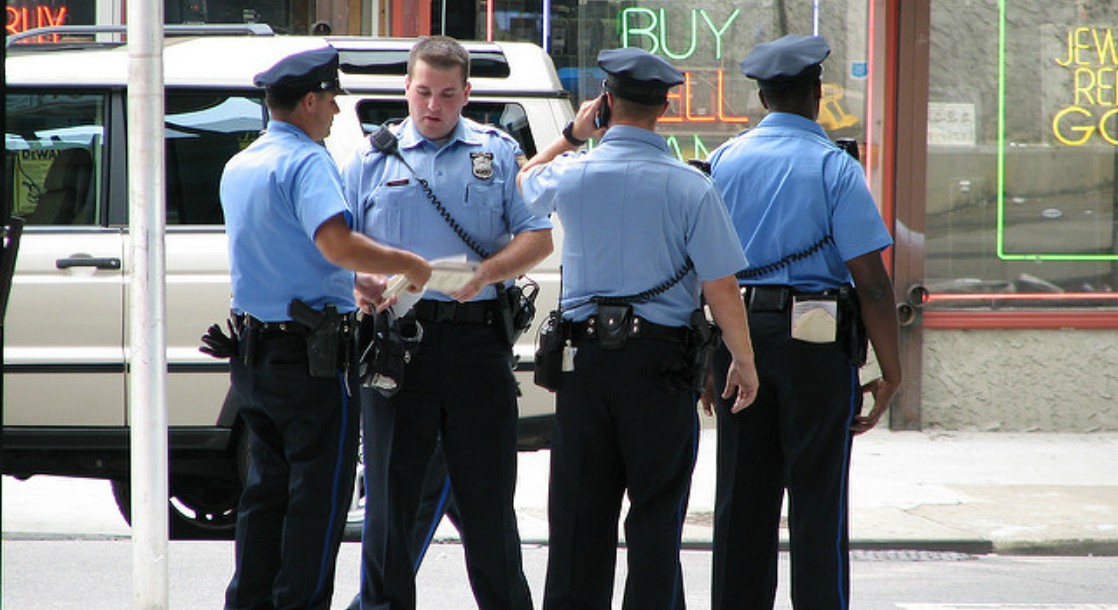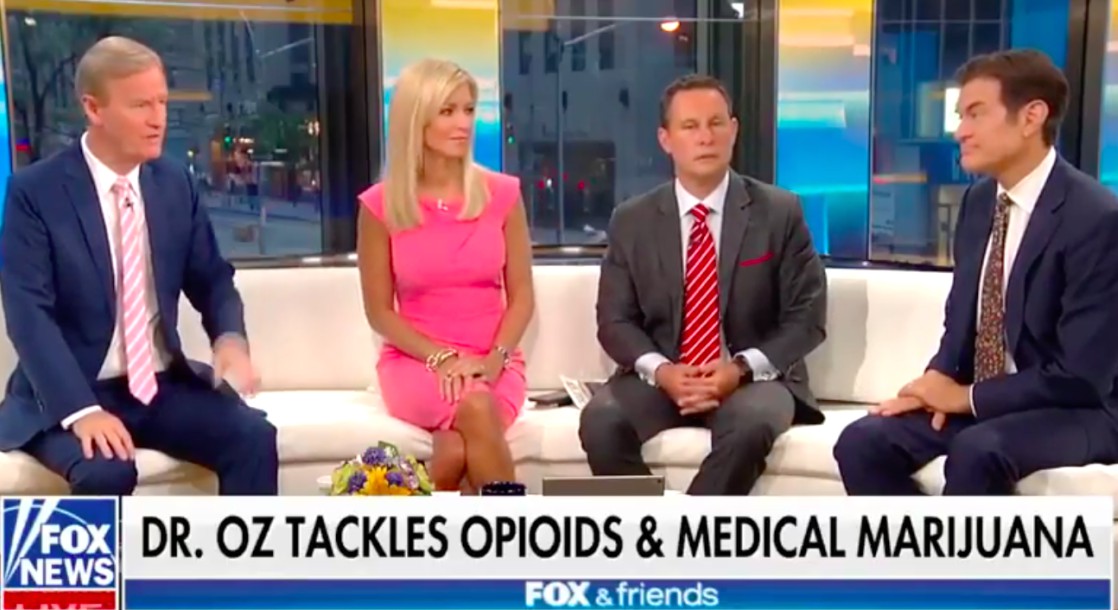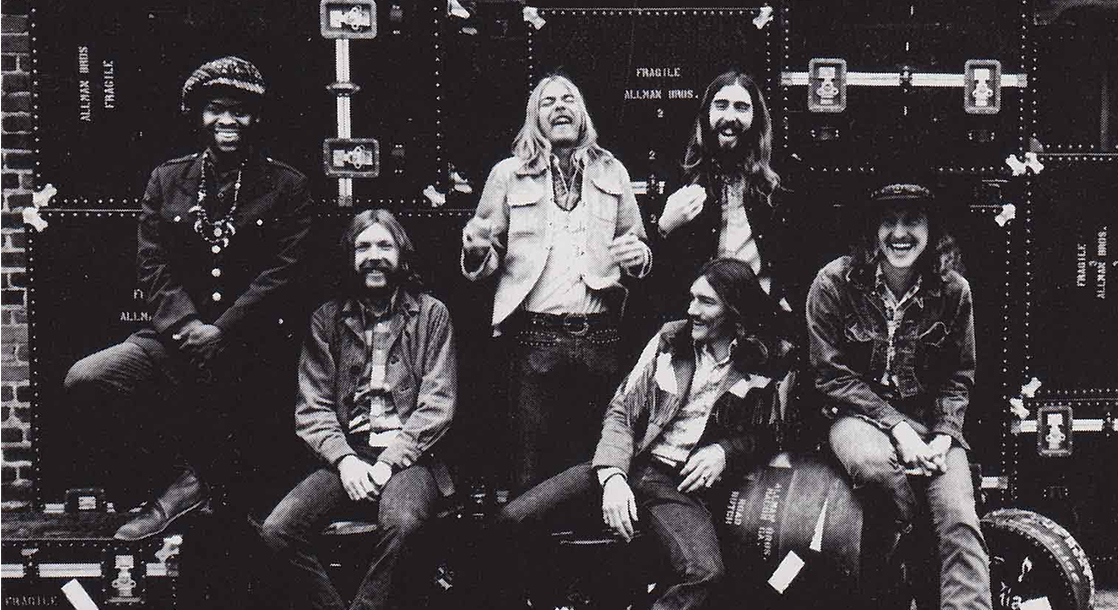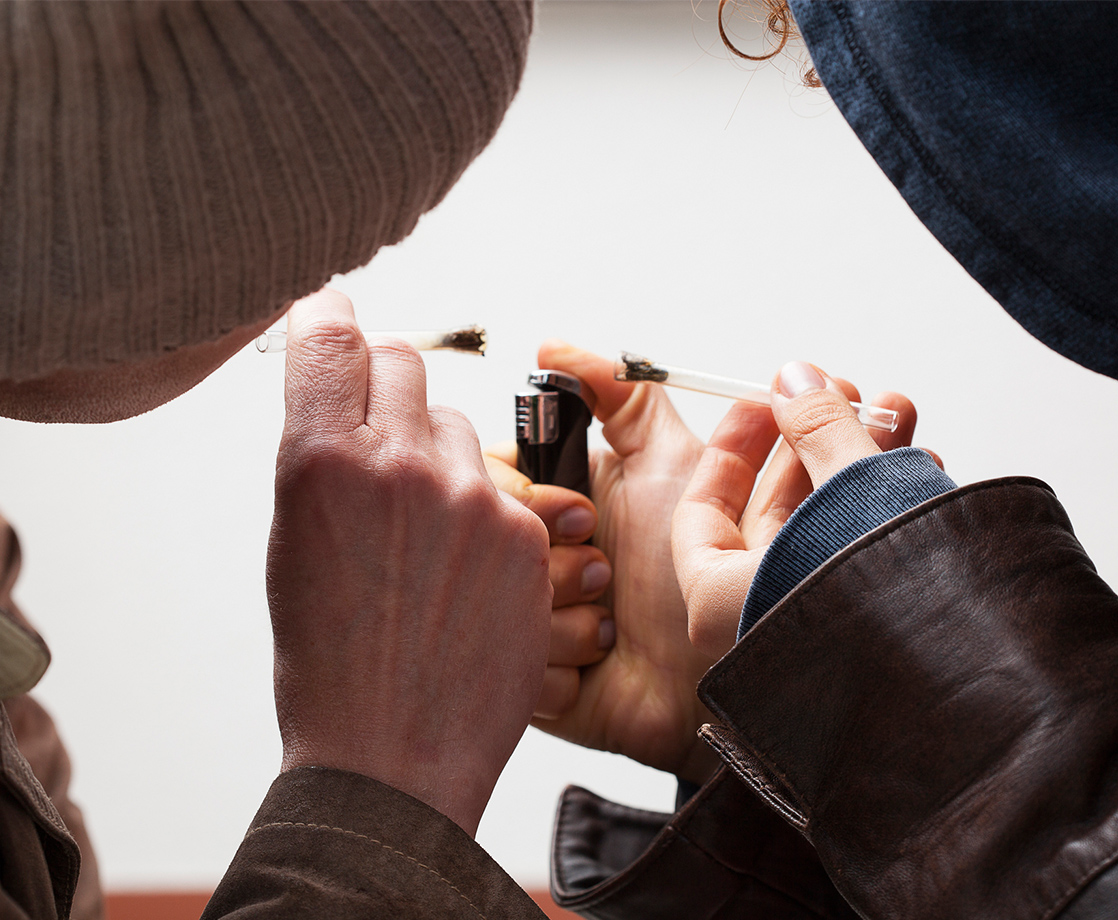Lead photo via Flickr user Chris
As legal weed spreads across the country like, well, a weed, it can sometimes feel like America’s war on drugs is fading. With pot shops across California, Colorado, Massachusetts, and more, it would seem like cops have more pressing problems to go toe-to-toe with, right? Sadly, American law enforcement techniques don’t follow logic or reason, and a new report from the Pennsylvania branch of the ACLU highlights exactly why the fight for cannabis reform is still necessary: black Pennsylvanians are eight times as likely to be arrested for cannabis crimes than their white peers, despite equal rates of use across racial lines.
According to a local Pennsylvania NBC affiliate, even in Philadelphia, the state’s largest city, where simple marijuana possession has been decriminalized since 2014, black residents are still at least three times as likely to be arrested for a cannabis crime than white residents, with more than 70% of those arrests targeting young adults aged 18-30.
“Racial disparities have actually gotten worse” across the state, Andrew Hoover, spokesman for the ACLU of Pennsylvania, said. “These arrests create major barriers for people in their daily lives.”
In 2016, marijuana arrests made up 48% of the state’s drug possession arrests, and with those charges largely levied against young black men, the ACLU’s report paints a detailed picture of how Pennsylvania’s criminal justice system is using cannabis as a tool for racially charged oppression.
“We see these arrests are primarily young people,” said Chris Goldstein, adjunct professor at Philadelphia’s Temple University and a marijuana activist. “This is a very serious thing for young people — they lose their chances of going to college and getting jobs.”
To try and correct those systemic wrongs, Pennsylvania lawmakers and lobbyists are trying to convince their peers and constituents that full-scale legalization is the only solution.
“[Prohibition is a] continuation of Jim Crow policies," Steve Hoenstine, a spokesman for State Senator Daylin Leach, said. "We don't think about it that way, but that's exactly what it does and it has to stop for that reason… It's a ridiculous policy that costs taxpayers money and now we have to borrow all this money just to pay our bill. It destroys [people's] lives and then they have to use state resources when they get out of prison."
But while Hoenstine notes that Leach has found like-minded legislators in Pennsylvania’s state house, few have been willing to carry their opinions from private conversations into the public discussion about legalization.
Pennsylvania’s recently passed medical marijuana program is slated to begin heavily restricted legal weed sales at the beginning of next year, and a number of local municipalities have joined Philadelphia in decriminalization. But, on a larger scale, the state has not yet made any serious steps towards legalizing recreational cannabis use.
“When you leave things to be subjective, racial bias creeps in. We need to decriminalize across the board,” said State Representative Jordan Harris, chairman of the Pennsylvania Legislative Black Caucus. “I would much rather my tax dollars going to our police stopping gun violence, making sure child predators stay off our streets, than arrest a guy who smokes a doobie on his way to work or his way [back] from work.”
Follow Zach Harris on Twitter











